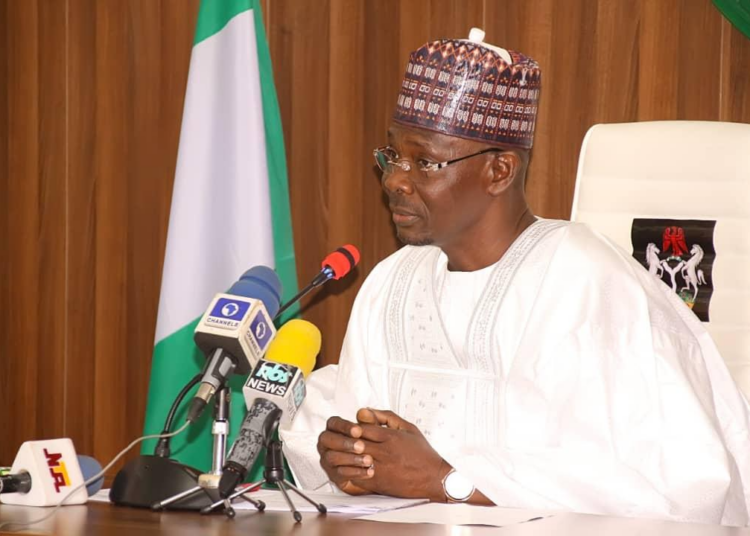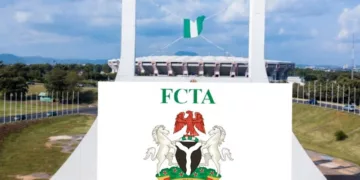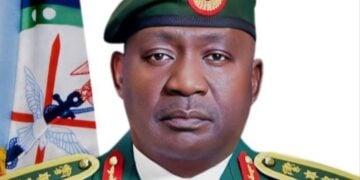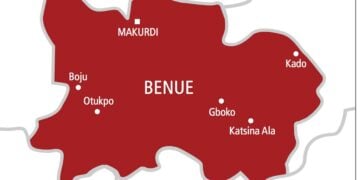The executive Governor of Nasarawa State, Engr. Abdullahi Sule, has described the synergy between the World Bank, the ACReSAL Project, and its implementing MDAs over the Hybrid Support implementation in Northern Nigeria as a beacon of hope for Nigeria’s agriculture sector and landscape .
He stated this while declaring open the joint World Bank/FAO/FGN Hybrid Implementation Support Mission for the ACReSAL Project , which had
the theme; To enhance resilience in semi-arid landscapes through sustainable or simply
put, Smart Agricultural Practices, Climate-Smart Technologies, and Community Engagement for Sustainability.”
Governor Sule, who was represented by his deputy, Dr. Emmanuel Akabe, emphasised the significance of ACReSAL in addressing
pressing challenges facing the agriculture sector , as well as the importance of collaborative efforts in addressing
climate change and environmental degradation, lauding participants for their commitment to sustainable development and community welfare.
He assured about the state’s commitment to achieving the project’s development objectives.
The governor acknowledged that , like every other state in the semi-arid region, experiences the adverse effects of climate change, which often threatens their security and livelihoods, but expressed the optimism that with collaborative efforts and innovative approaches like ACReSAL, they have had the opportunity to build community resilience and ensure sustainable agricultural practices.
He said the beauty of the ACReSAL project lies in its community-driven approach, where local communities are at the forefront of understanding, owning, protecting, and defending the project. This ensures that the project is tailored to meet the specific needs of the communities and is sustainable in the long run.
The ACReSAL project aims to restore 1 million hectares of degraded land in Northern Nigeria, contributing significantly to the federal government’s commitment to restore 4 million hectares of degraded land by 2030.
This endeavour, LEADERSHIP Sunday gathered, will not only help reduce the vulnerability of millions of extremely poor people in the region but also empower them to play an active role in achieving environmental sustainability.
Meanwhile, Dr. Napoleon Gyobe Elias, the Nasarawa State ACReSAL Project coordinator, outlined state-specific activities designed to enhance adaptive capacities and promote sustainable growth in the state.
Senior Environmental Specialist-World Bank Nigeria and Task Team Leader for the ACReSAL Project, Dr. Joy Iganya Agene, said the ACReSAL team were in Nasarawa state for a joint World Bank, federal government of Nigeria, and Food and Agricultural Organisation of the United Nations Hybrid Implementation Support Mission for the Agro-Climatic Resilience in Semi-Arid Landscapes (ACReSAL) Project.
According to her, the mission is aimed at assessing. implementation activities in the 19 Northern states and Federal Capital Territory (FCT) that are participating in the project, visit communities, inspect lands that have been marked for restoration, and carry out activities of the Community Resolving Fund (CRF).
She noted that Nasarawa is one of the fast-moving states in ACReSAL and would not be possible without the support of the leadership of Nasarawa state.
In his remarks, Mr. Abdulhamid Umar, the National Project coordinator for the ACReSAL Project, noted that the mission is in Nasarawa state to authenticate project implementation results so far and to see concrete deliverables of the four components of the ACReSAL Project
Representative of the Food and Agriculture Organisation of the United Nations (FAO), commended the World Bank and the federal government for the partnership. He noted that component B of the ACReSAL Project (Community Climate Resilience) is the heart of the project, and FAO is supporting ACReSAL under this component to restore 350,000 hectares of degraded land.











